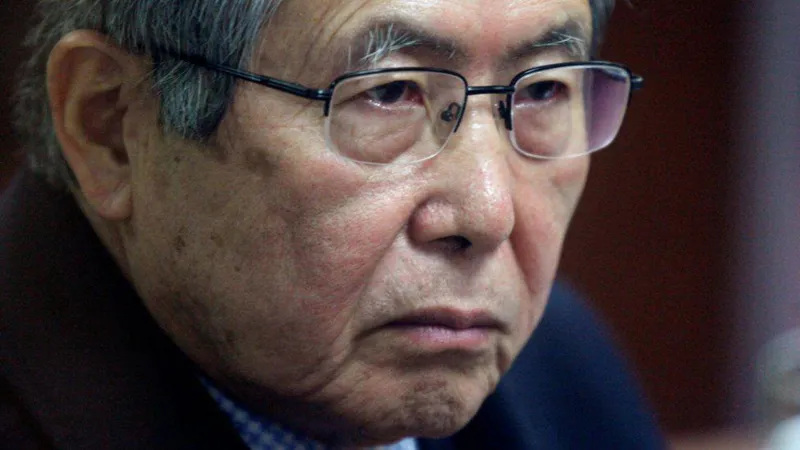According to his supporters, Fujimori’s presidency prevented Peru from falling victim to both economic collapse and terrorism.
He was viewed by his detractors as an authoritarian strongman who bullied the nation’s democratic institutions in order to maintain his grasp on power.
He was given a 25-year prison term in 2009 for violating human rights while in power, which included approving death squad assassinations. However, in December, a humanitarian pardon was restored, and he was freed from prison.
Unexpected victory
Born to Japanese parents, Fujimori is an agricultural engineer who defied the odds to defeat Nobel Prize winner Mario Vargas Llosa and win the presidency of Peru in 1990.
Up until a few weeks before the election, Fujimori was unknown in politics.
Fujimori: Ascent and Decline
Unexpectedly wins the 1990 elections; with military support, dissolves Peru’s congress in 1992 to take more power.
1995: Restores Congress and wins a resounding victory for a second term. 2000: Amidst accusations of vote-rigging, he is re-elected for a third term. 2000: After the Montesinos scandal breaks, he flees to Japan. 2005: He is detained in Chile at the request of Peruvian authorities. 2007: He is extradited from Chile to stand trial in Peru.
2007: Sent to six years in prison for power abuse
2009: Found guilty of violating human rights, 25 years in prison
2017: Pardoned due to health issues, sparking demonstrations







